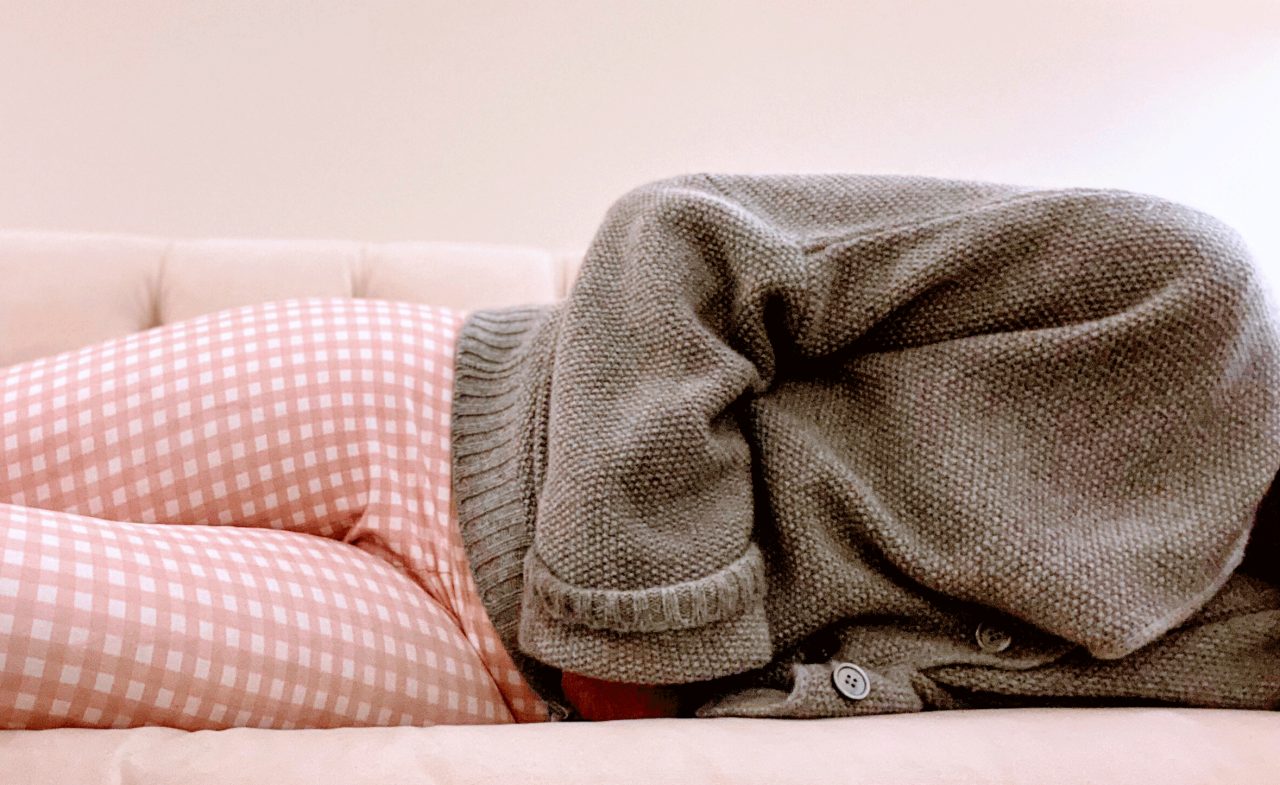What Is Irritable Bowel Syndrome (IBS)?

You feel stomach pain, then you’re running to the bathroom. The next day you’re sitting there for too long. You could have irritable bowel syndrome (IBS).
It’s no fun to have trouble with your bowels. Banish any embarrassment and talk to your doctor. There are ways you can feel better.
YOU MIGHT ALSO LIKE: Why Does My Stomach Hurt?
What is IBS?
Between 7 and 21 percent of Americans have IBS, or irritable bowel syndrome. If you often get a stab or cramp in your lower abdomen after eating a meal and run to the bathroom, you may have IBS with diarrhea (IBS-D). Some people feel a similar pain but have constipation (IBS-C), and many people alternate between the two (mixed IBS).
Don’t confuse IBS with IBD, or inflammatory bowel disease, which causes some of the same symptoms. Your doctor will conduct tests to rule out IBD.
To be diagnosed with IBS, your symptoms usually must occur over at least three months. IBS often sets in after a temporary stomach virus.
What causes IBS?
It’s unclear what causes IBS. We may eventually learn that the diagnosis — a collection of symptoms — is several problems, and you might have just one or two or more.
For example, pain is a nerve problem. The pain with IBS can be sharp, possibly caused by extra-sensitive nerves in your gut, according to the National Institute of Diabetes and Digestive and Kidney Diseases.
Diarrhea seems to have its own chain of causes. About 10 percent of patients diagnosed with IBS-D have a condition called bile-acid malabsorption. The liver uses bile to break down fat. Too much bile entering your colon can trigger diarrhea. The extra bile may occur because of a shortage of the ileal hormone, which normally regulates this system.
You may have an overgrowth of bacteria in your small intestine (SIB0). Some research suggests that SIB0 is common among patients with IBS-D.
Digestion may occur lower down in your colon than normal.
Some people with IBS do better on a diet-restricting FODMAPS (Fermentable Oligo-, Di-, Mono-saccharides, and Polyols). These short-chain carbohydrates, poorly absorbed in your small intestine, are normally fermented near the top of your large intestine, or colon. Millions of bacteria go to work to break them down, acquiring energy, the process releasing needed short-chain fatty acids. But in some people with IBS, the fermentation process may occur lower down in the colon, research suggests, so the acids aren’t released in the same way.
You may lack needed bacteria. You may have heard of the microbiome, the many microorganisms in your gut. Your microbiome is as individual as a fingerprint. Small differences may aggravate IBS symptoms.
You may be stressed. It’s common for people to have acute bowel reactions to stress. We know that IBS is more common in people who have post-traumatic stress disorder, and people with IBS often have anxiety or depression. Hypnosis has helped many patients.
While IBS affects your psychology, it doesn’t mean you can manage it entirely with your attitude.
You may have a serotonin disturbance, possibly linked to your microbiome. Microbes in your gut may increase the production of serotonin (the same serotonin boosted by common antidepressants). Most of your body’s serotonin is actually in your gut, and researchers know that serotonin levels play a role in IBS.
How is IBS treated?
Your doctor will rule out other causes. Certain signs may indicate a more serious problem:
- Symptoms that begin after age 50
- Weight loss
- Fever
- Nausea or recurrent vomiting
- Abdominal pain that occurs at night or doesn’t go away after a bowel movement
- Diarrhea that wakes you up
- Rectal bleeding
- Low-iron anemia
To rule out those problems, you may need tests, such as:
- Upper endoscopy
- Colonoscopy
- X-ray
- CT scan of your abdomen
- Lactose intolerance test
- Breath test for small-intestine bacterial overgrowth
While there is no cure for IBS, treatment ideally will vary with a good understanding of the cause. But, right now, IBS treatment is trial and error.
Your doctor may recommend lifestyle changes, such as regular exercise, eating smaller meals, minimizing stress, and lowering your caffeine intake. You might be offered a low-dose antidepressant. Your doctor might also suggest you try the low-FODMAPS diet or probiotics. Hypnosis is worth considering, too.
Updated:
June 29, 2023
Reviewed By:
Janet O’Dell, RN